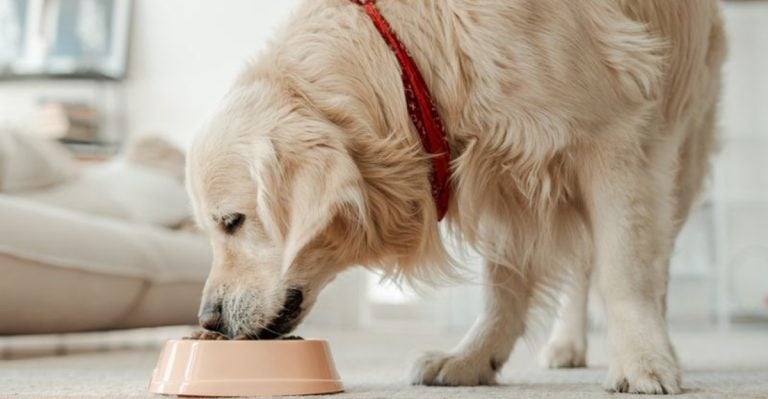15 Things You Should Know About Feeding Your Dog The Right Way

Feeding your dog may seem simple, but a closer look reveals there’s much more to consider. Vague labels, snack habits, and overlooked nutrients can all impact their health in ways we might not notice. What goes in the bowl is more important than many realize. Keep reading to learn how to make mealtime healthier and better support your dog’s long-term well-being.
Choose High-Quality Dog Food
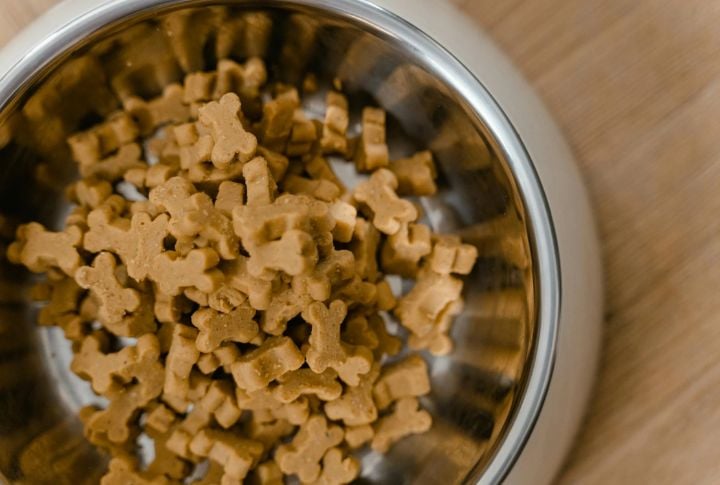
Smarter food choices today lead to healthier, happier dogs tomorrow. Your pup deserves more than mystery meat and artificial fillers masquerading as “dog food.” A nutritious diet filled with real ingredients strengthens immunity and supports digestion. Check food labels carefully to ensure meals meet essential dietary requirements.
Strengthen The Immune System With Antioxidants

Your pup’s immune system works like a superhero—it needs the right fuel to stay strong and ready to protect. Foods packed with antioxidants, like carrots and blueberries, help boost the body’s defenses. While harmful free radicals are always present, the right nutrients help keep them in check.
Incorporate Omega-3s
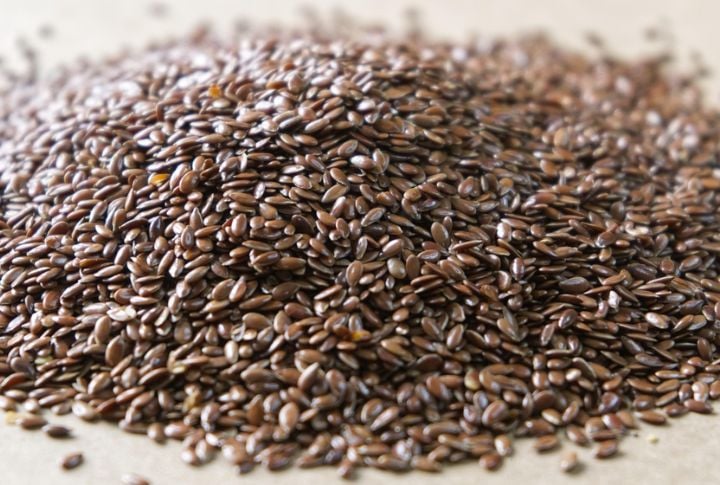
A sleek coat and happy joints start with the right nutrients—especially omega-3s. Fish oil and flaxseed are rich sources of essential fatty acids that promote healthy joints and agility in dogs. Omega-3s also boost cognitive function, which makes training and learning easier for pups.
Monitor Expiration Dates
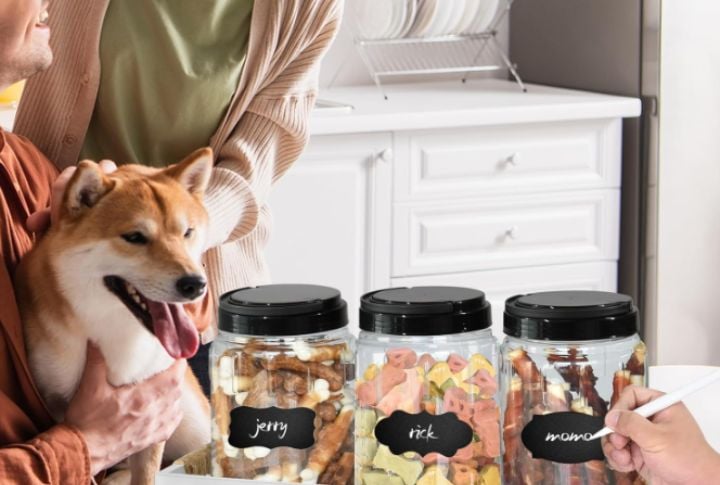
To protect your dog’s health, always check the expiration date on their food. Expired food can harbor harmful bacteria and lead to digestive issues or even infections. Proper storage is just as important—keep food sealed and fresh, and throw out anything that’s past its date to ensure your pup stays safe and healthy.
Avoid Toxic Foods

Never assume all foods are safe for dogs—many everyday ingredients can be toxic. Items like chocolate, grapes, onions, and garlic can cause serious health issues. Always read labels and double-check before sharing a treat from your plate. Staying informed is key to keeping your dog safe and healthy.
Provide Fresh, Clean Water
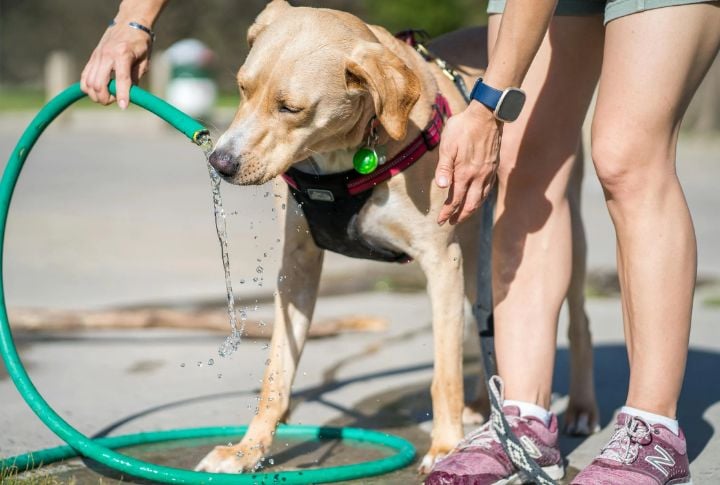
Water might seem basic, but it’s one of the most important parts of your dog’s health. A dehydrated pup can experience sluggishness and serious complications. Regularly refilling their bowl with fresh water keeps them energized and prevents health risks.
Ensure Proper Calcium Intake

Canine bones need more than just exercise; they need calcium for long-term strength. Foods like fish, dairy, and leafy greens help maintain mobility and prevent painful joint issues. Without enough calcium, dogs can struggle with movement, making daily activities harder as they age.
Avoid Overfeeding
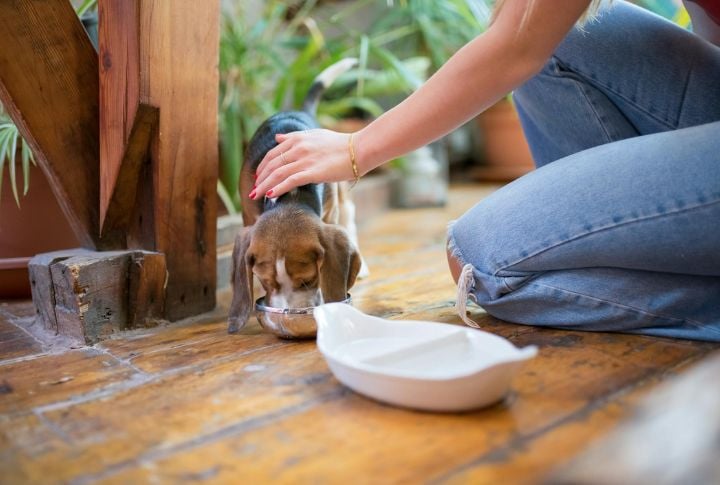
It’s tempting to give your dog extra food, but overfeeding can be harmful. Dogs need properly measured meals to maintain a healthy weight and avoid obesity-related illnesses. Too much food can affect their long-term health and lead to symptoms like sluggishness and joint pain.
Give Healthy Treats
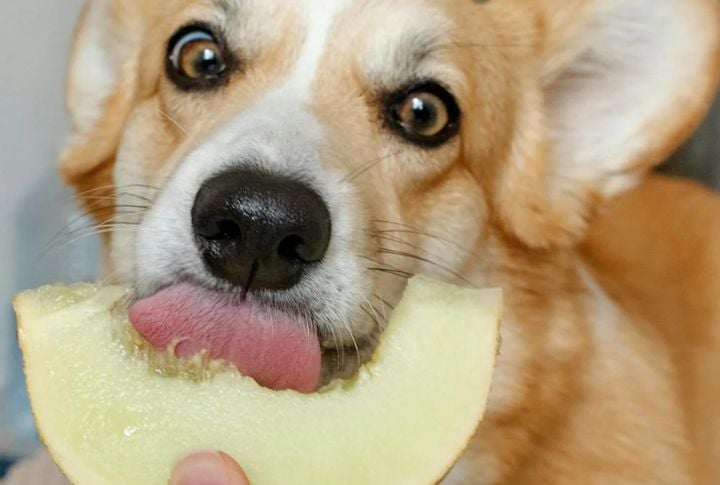
The quality of dog treats can differ greatly, and wrong choices can be detrimental to your dog’s health. Many store-bought snacks contain preservatives and excessive sugar, which can cause health problems. So, choose healthier options such as fresh fruits, vegetables, and lean meats that offer better nutritional benefits.
Watch Out For Allergies

If your dog is frequently scratching or experiencing stomach issues, food allergies could be the cause. Ingredients like wheat, dairy, or soy often trigger reactions that impact their health. A vet-supervised elimination diet can help pinpoint the allergens and help you avoid the ingredients causing your pup discomfort.
Include Probiotics
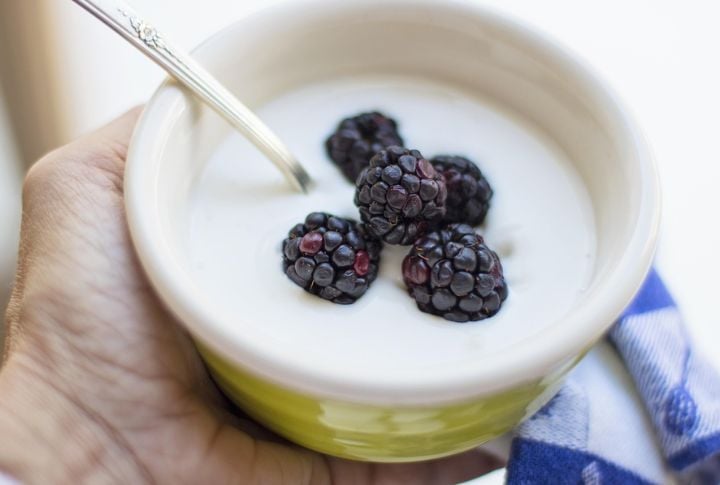
Include probiotics in your dog’s diet to support digestion and immunity. These beneficial bacteria improve nutrient absorption and reduce stomach discomfort. Natural sources like yogurt or specialized supplements help maintain gut balance. Prioritizing digestive health leads to fewer vet visits and a happier pet.
Offer Dental-Friendly Foods

Your dog’s teeth need care just like yours do. Hard kibble and dental chews help scrape away plaque, keeping breath fresh. Ignoring oral health can lead to painful infections and costly vet treatments. Your dog’s mouth is a gateway to good health, so don’t overlook it.
Limit Human Food

Avoid making human food a regular part of your dog’s diet. While occasional treats won’t harm, frequent indulgence causes digestive upset and obesity. Many meals contain ingredients unsuitable for canine consumption, such as excess salt and artificial additives.
Introduce Variety

To keep your dog’s diet balanced and healthy, it’s important not to feed them the same protein source for extended periods. Rotating proteins like lamb and poultry helps prevent nutrient deficiencies and food sensitivities. Consult your vet to create the best rotation schedule for your pet.
Consider Home-Cooked Meals

Preparing home-cooked meals for your dog ensures they get high-quality nutrients and proper nourishment. Whole ingredients like lean meats, vegetables, and grains provide long-term health benefits. Unlike many commercial foods, which can contain artificial additives, homemade meals help reduce the risk of allergies and other health complications over time.




